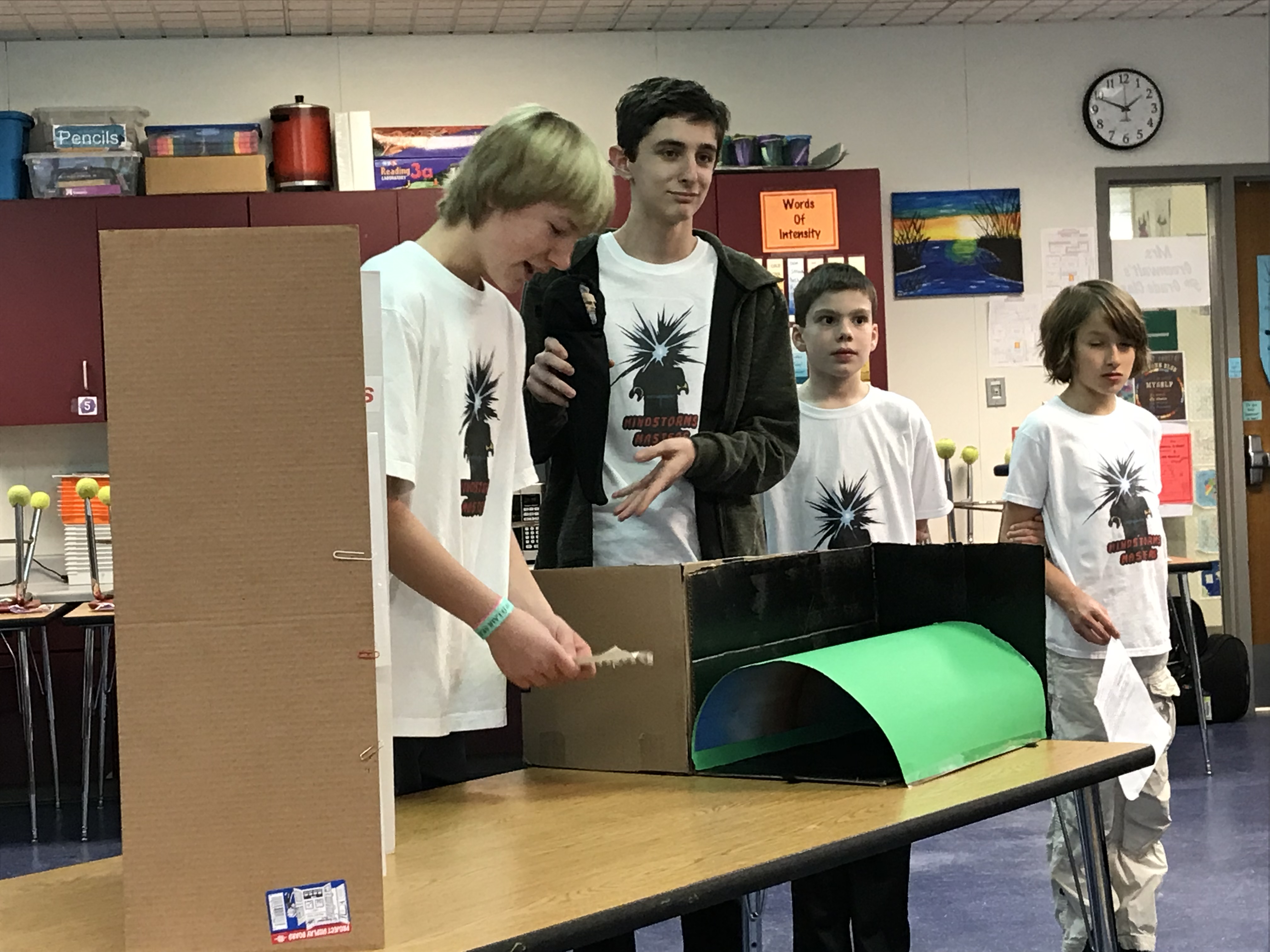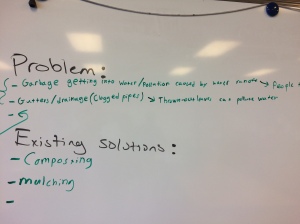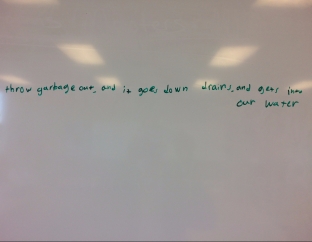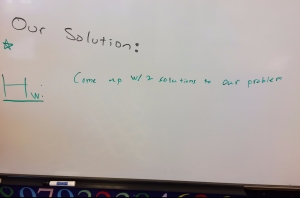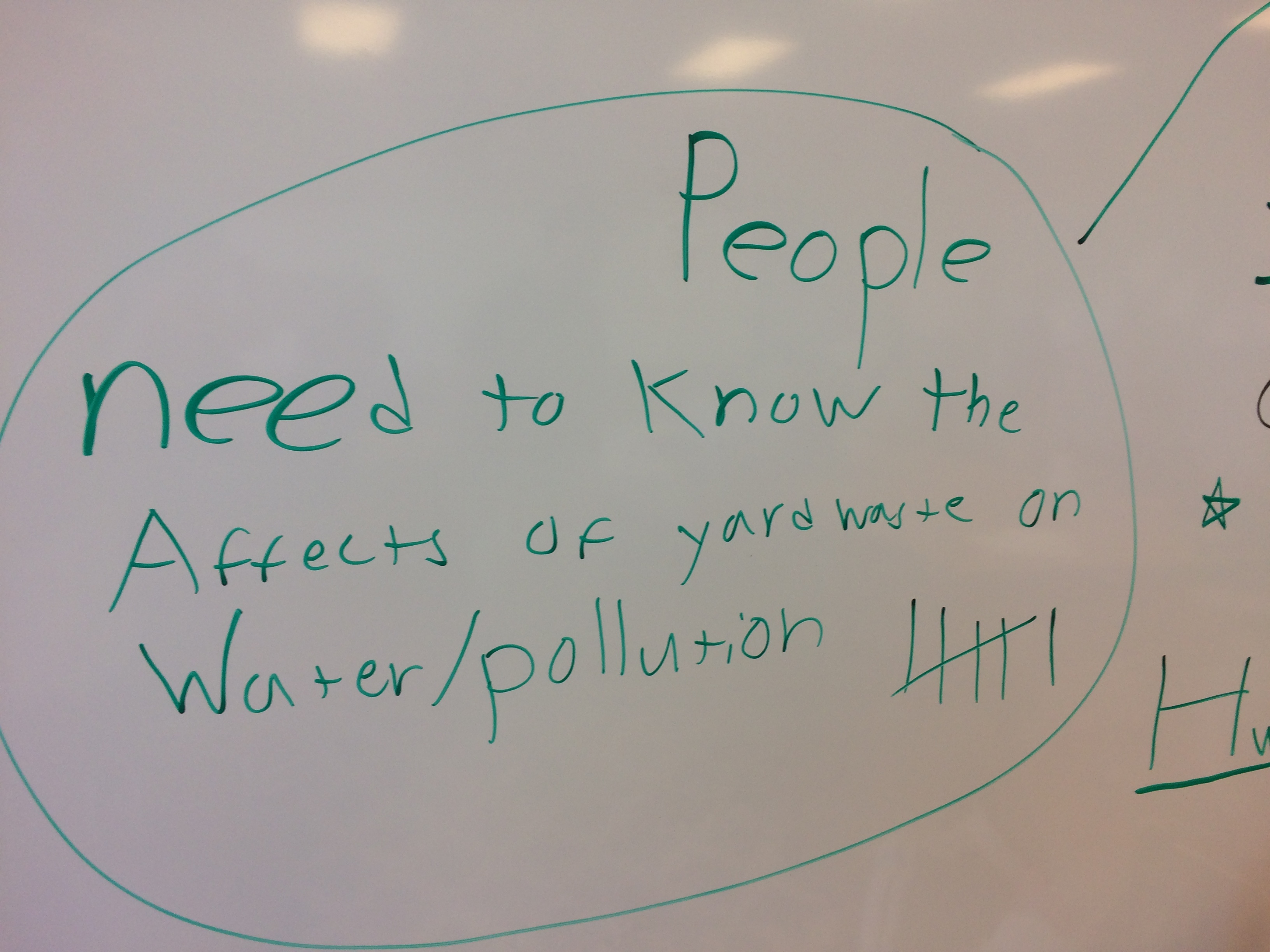All this shows is what curiosity can lead to, and some of the many, uncountable ways that everything is connected.
I wrote this so that someone will read it, “that singular individual,” as Soren Kierkegaard would dedicate this works — yes, I went and found the reference in Works of Love.
I meant to get to some programming today — maybe I still will, maybe I won’t.
It started last week. (Okay, maybe it started years ago, but “every story has to start somewhere,” and sometimes that first sentence is arbitrary). Ryan asked questions about sodium, and potassium. The chemical element ‘Na’ (from the Latin Natrium; [Note: I found a typo in that article]).
So we e-mailed a former chemistry teacher. But due to my inaccurate memory, I had to look up the periodic table of elements — the first column consists of hydrogen, lithium, then sodium, potassium (symbol: K, Kalium — see also the same article), Rubidium, …
PubChem has a short “article” on the history and current status of the periodic table, including this note:
Finally, IUPAC assigns collective names (lanthanoids and actinoids) and group numbering (1 to 18) and has investigated the membership of the group 3 elements.
And what, pray tell, is “group 3” membership? It took some searching: https://iupac.org/project/2015-039-2-200/ In short, there’s some debate about the lower part of the 3rd column of the table, and which elements, if any, belong in the lowest two rows, which are sometimes shown as “expanded” separately — lanthanum (La), actinium (Ac); OR lutetium (Lu), lawrencium (Lr); OR neither…
There is a well-developed literature in the philosophy of science that concerns itself with classification and with the question of natural kinds…
Natural kinds are distinguished from so-called artificial kinds for which classification depends rather on human choices and not on an independently existing reality. …
In the 1970s and 80s a theory was developed by philosophers Kripke and Putnam who sought to define natural kinds through their essences or their objective properties …
I read the whole article, trust me; not much later, I found:
A more general objection to the Kripke-Putnam approach to thinking of natural kinds has been the realization that, whatever kinds are being considered, there is always a certain degree of interest dependence that enters the stipulation of sets of entities …
If we are to believe what the experts on the philosophy of classification and natural kinds have to tell us we should renounce the notion that we will ever arrive at a truly optimal periodic table, since any system of classification must inevitably remain interest dependent. Of course this state of affairs should not negate the attempts to resolve such questions as the membership of group 3 of the periodic table but it should remind us of the fact that any resolution must concede a certain degree of conventionality, or choice, on the part of the scientific community.
[emphasis added, by me]. In short, all decisions are biased. But that shouldn’t prevent us from making decisions, only recognizing our own preferences and influences.
A student looking at the table shown in figure 3 is bound to wonder whether there is some scientific reason for making the f-block have a width of 15 elements. Neither a student, nor his/her instructors, would probably realize that the table in question has been designed by practitioners of specialized branch of relativistic quantum mechanics concerned with the properties of super-heavy elements
Ryan also asked what is the element with the highest atomic number that “exists” — here, the information I infer from Wikipedia and the “latest” article I could find by IUPAC (Aug. 4, 2020) seem to agree:
Chemically, the now heaviest known element with proton number 118 terminates in column 18, as element oganesson, the seventh row in the Periodic Table of the Elements.
The answer is: Oganesson.
And that is how I add more interesting trivia, how even a mistaken Latin word can lead to serendipitous (re-)discoveries (rather than detritus), and everything is connected to everything.
I chose the word “uncountable” in the first paragraph, from the concept of “countable infinity” — and that’s how I go off in to the world of Gödel’s Incompletenss Theorem. Because maybe there are an infinite number of ideas…
So I’ve connected Ryan’s building of cross-bows and planning of other projectile launchers to chemistry, to philosophy, to my biography, to poetry.
“But wait there’s more!” (Now I’ve connected, if only thru this writing, popular culture and ‘famous’ quotations): epistemology, which, I believe, is intimately tied to theology — how can a person ‘know,’ but there is something to know? See “A Physicist, a Philologist, and the Meaning of Life.”




